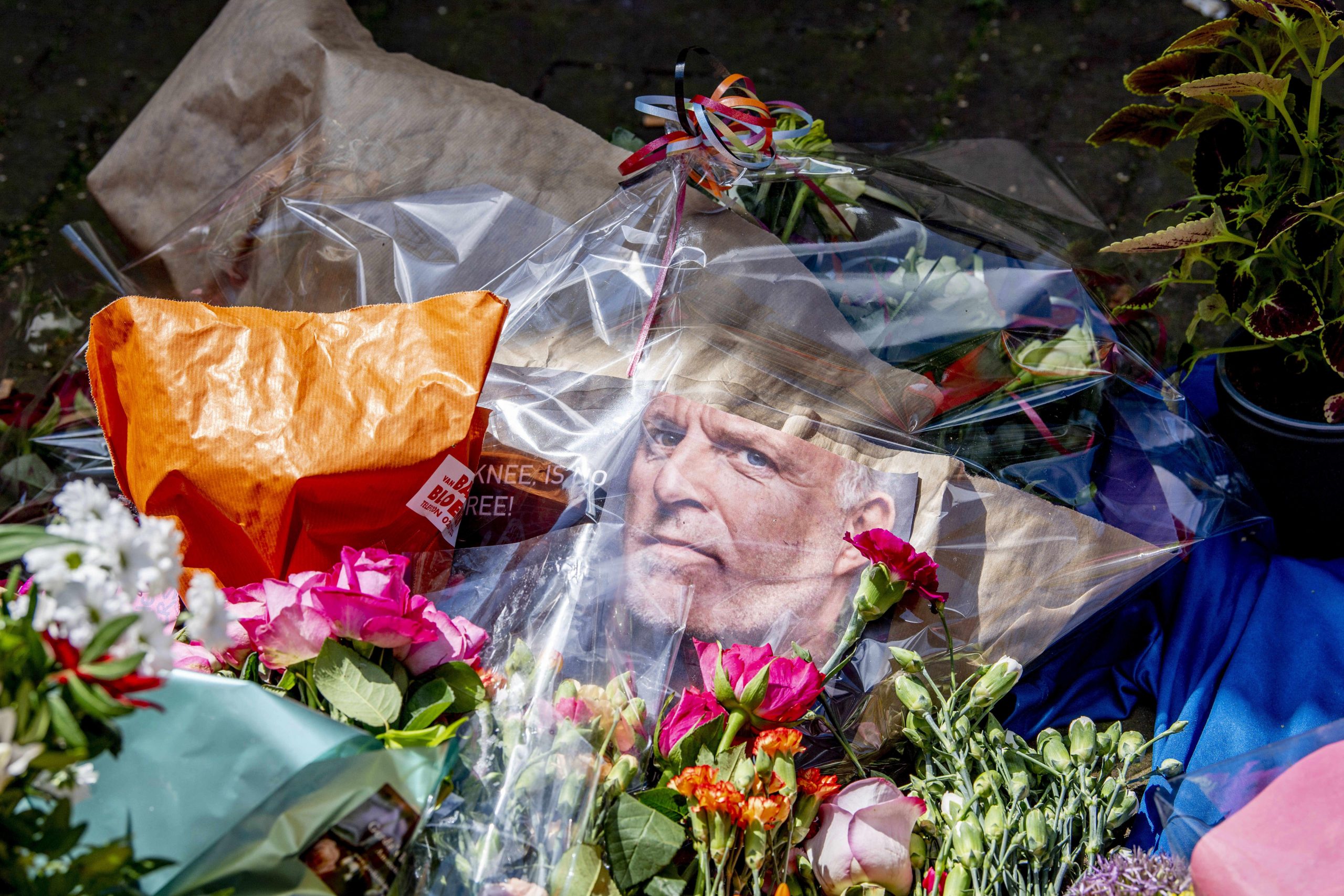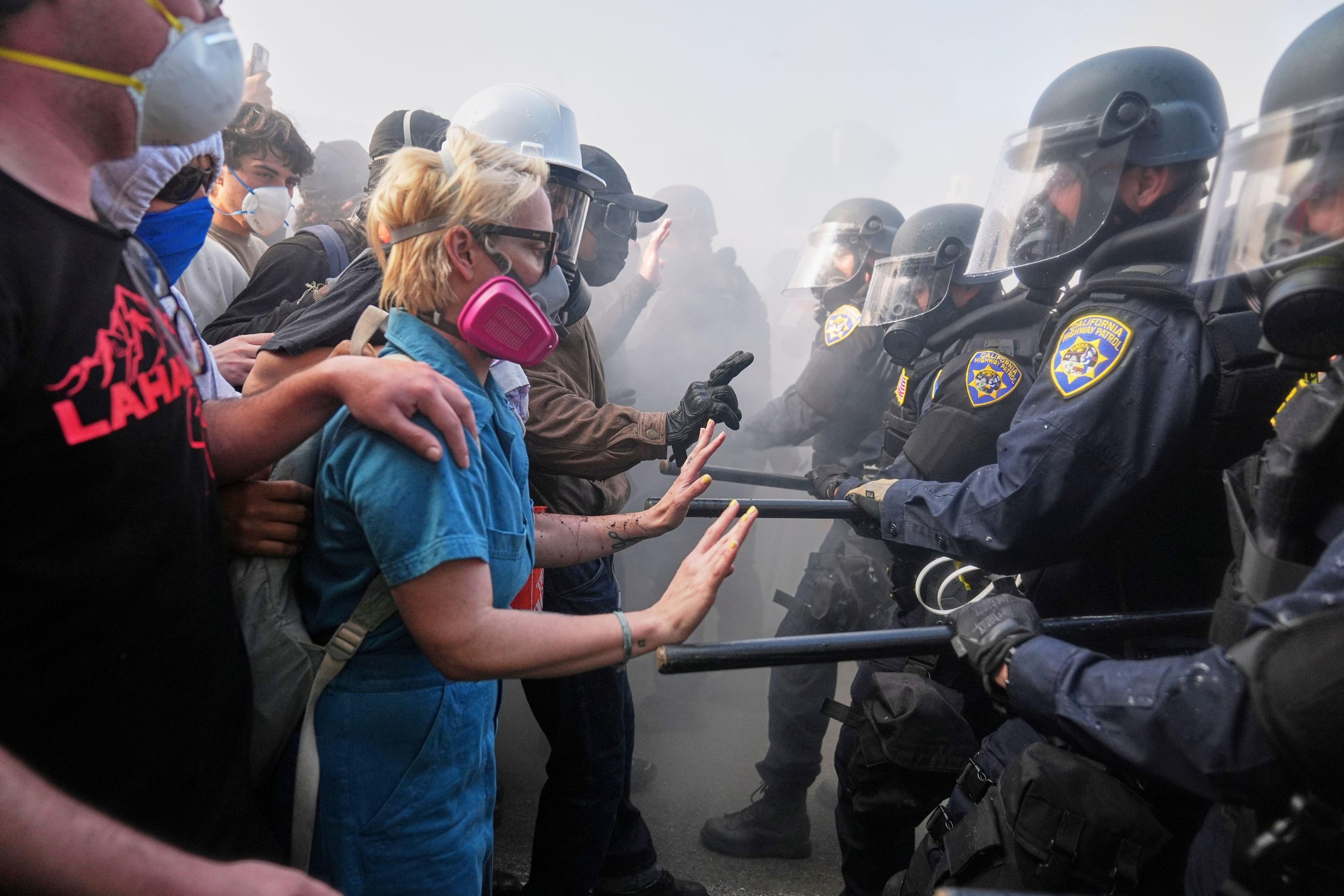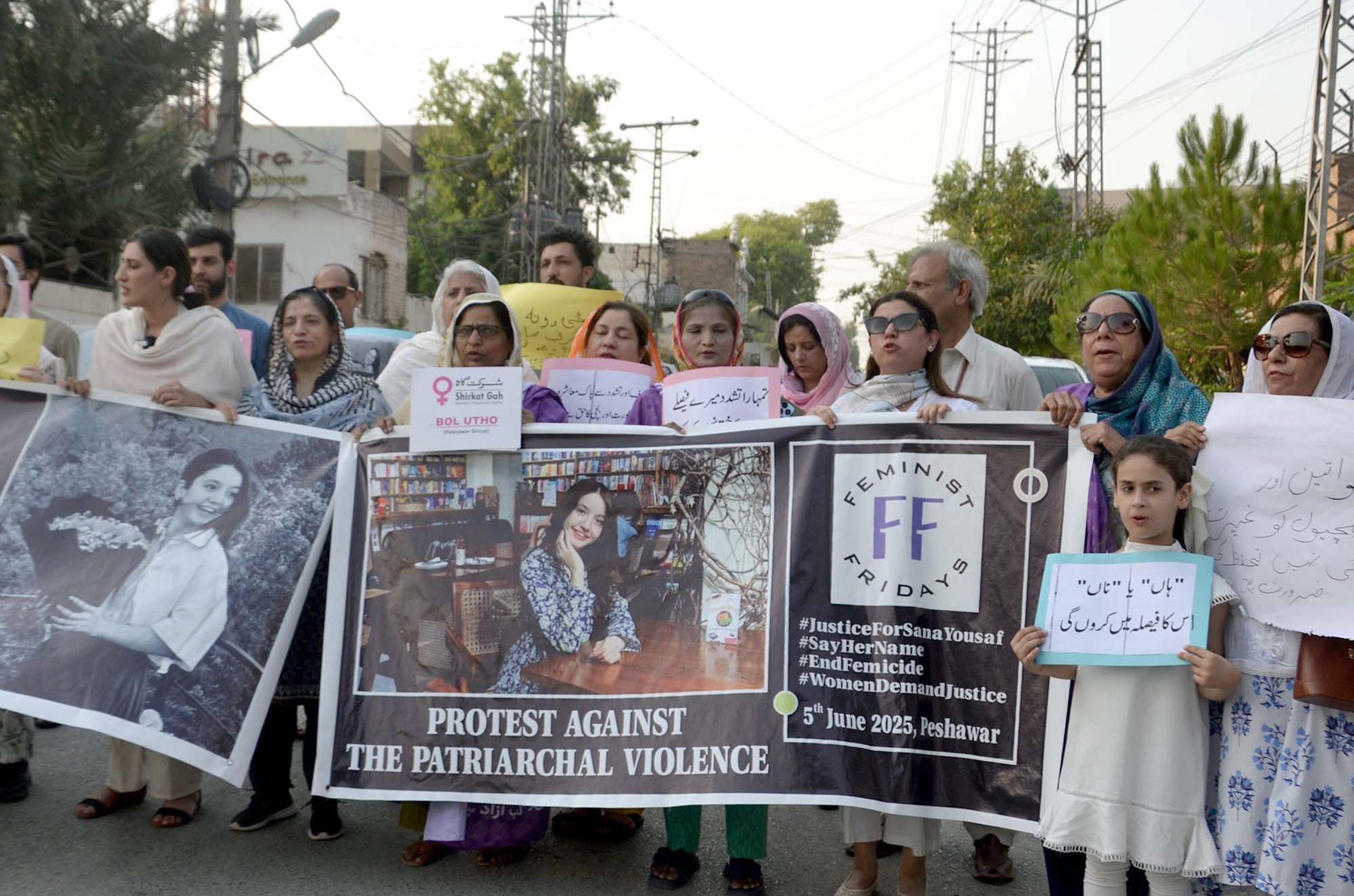[vc_row][vc_column][vc_single_image image=”117066″ img_size=”full” add_caption=”yes”][vc_column_text]Dutch crime journalist Peter R de Vries is fighting for his life in a hospital in Amsterdam, after he was shot in the head on Tuesday evening. He had just left the studio of a TV show to which he is a regular contributor. Two suspects have been arrested.
De Vries is one of the best-known journalists in the Netherlands and is recognised for his deep commitment to the victims of the crimes he investigates. Tenacious like a pitbull, he pursues their stories to deliver justice.
He doesn’t shy away from crossing the boundaries of journalism either: he recently started a crowdfunding campaign to raise one million euros to be used as tip money to help solve a cold case of a missing student dating back to 1983.
The attempt on his life is likely to be connected to another step he took away from journalism: he became the confidant of Nabil B., a Crown witness in a trial against an exceptionally violent drugs gang. Although police haven’t commented on the attempted murder yet, few doubt that this is the context in which it needs to be placed.
In an interview with Index on Censorship, De Vries’ colleague Gerlof Leistra, a crime reporter for weekly EW Magazine for more than 30 years, bluntly stated: “This murder attempt is not an attack on press freedom and is not related to journalism.”
Some may question this view; investigative journalists have often pushed at the boundaries in order to secure the story.
Leistra said he has always respected De Vries as a colleague, and pointed out that De Vries never focuses on organised crime in his journalistic investigations. Leistra said: “With his stories and book about the Heineken abduction and murder in 1983 as an exception, he focused on cold cases, deceit, scams. He’s a fantastic man, who could get genuinely wound up about an unjust parking ticket for an old lady. He crossed a journalistic line though when he became Nabil B.’s confidant.”
To be accepted as such by the authorities and get access to his client, De Vries became an employee of the lawyer’s office that represented the Crown witness. It was a clear risk.
The so-called Marengo trial revolves around one of the most violent organised crime organisations ever uncovered in the Netherlands. On trial are the gang’s leader Ridouan Taghi and more than a dozen of his accomplices.
The pursuit of the gang has already led to the murder of others connected with the case. In 2018, Nabil B.’s brother was murdered by Taghi’s men. A year later, Derk Wiersum, Nabil B.’s lawyer, was also murdered. Despite the risk, De Vries refused personal protection.
In a recent interview with magazine Vrij Nederland, De Vries said: “I’m not a scared person, but Nabil’s brother and his previous lawyer were murdered so you don’t have to be hysterical to think something may happen. That’s part of the job. A crime reporter who thinks ‘it’s all getting a bit too intense now’ when the going gets tough, should instead work for Libelle,” referring to a weekly women’s magazine.
Crime journalist Leistra said that the murder attempt is an attack on the rechtsstaat, the system of legal institutions that upholds and protects the state of law. Thomas Bruning, general secretary of the Dutch Journalists Union (NVJ) agrees in part. He told Index on Censorship: “We have to nuance the image of this murder attempt being about press freedom only. Nevertheless, for his colleagues, this is an attack on one of them, and it creates a chilling climate.”
This climate has become colder in the last couple of years. Research by the NVJ has shown that more journalists in the Netherlands are getting targeted verbally or physically for their work. National broadcaster NOS last year decided not to use vans with its logo any more because it is increasingly triggering agression.
On Twitter, Dutch Member of Parliament Geert Wilders recently called journalists ‘scum’.
Bruning said: “Criminals aren’t triggered by that of course, but this all complicates the role of journalists in society. There have been threats against journalists, and now one such threat was put into practice.”
This is also what Bruning discussed with the authorities this week during a meeting with Justice Minister Ferd Grapperhaus.
He said: “It’s positive that two suspects have been arrested. The authorities do take this seriously so I don’t think we can draw a parallel with murders of journalists elesewhere in Europe.”
Bruning was referring to the murders of Daphne Caruana Galizia in Malta in 2017 and Ján Kuciak in Slovakia in 2018, which laid bare corruption within the state.
Nevertheless, Bruning sees a development to which he drew Grapperhaus’s attention. He said: “Before, criminals killed each other, then they murdered a lawyer, now an attempted murder of a journalist for, most likely, his role in a trial. Who knows, maybe the next target is a journalist who only reports about crime. It’s a slippery slope.”[/vc_column_text][/vc_column][/vc_row]






